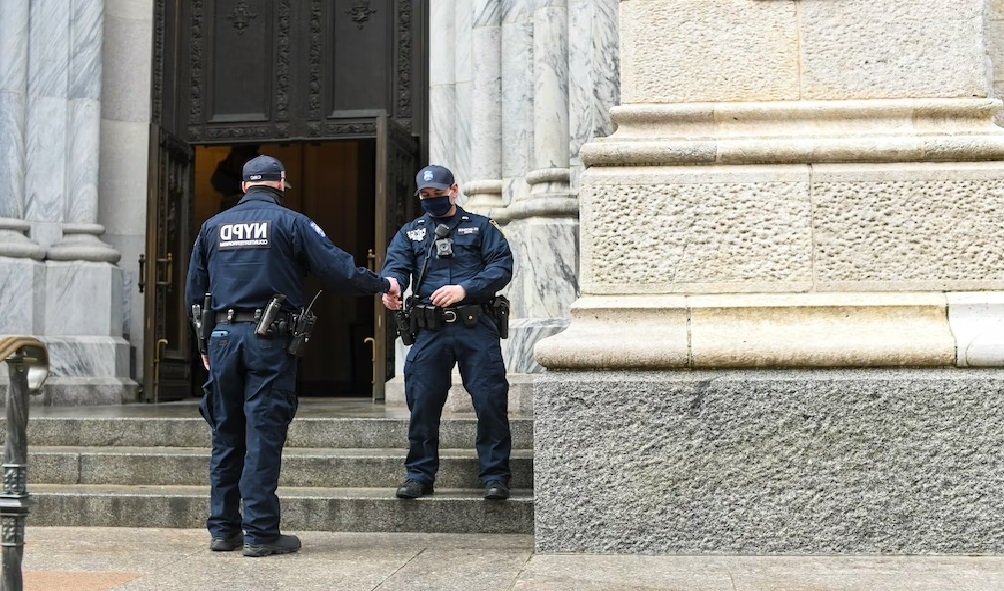In the bustling world of retail, where transactions occur rapidly and merchandise flows constantly, the threat of theft and shoplifting looms large. Retail establishments, ranging from small shops to large department stores, face the perennial challenge of safeguarding their inventory and assets. In this context, the role of retail security guards emerges as indispensable. These guardians of commerce play a multifaceted role in deterring, detecting, and addressing theft and shoplifting incidents. This essay explores the significance of retail security guards in preventing theft and shoplifting, elucidating their strategies, challenges, and impact on the retail ecosystem.
The Deterrence Effect:
One of the primary functions of retail security guards is deterrence. The mere presence of uniformed security personnel exerts a psychological deterrent effect on potential thieves and shoplifters. Knowing that trained professionals are vigilant and observant serves as a deterrent factor, dissuading individuals from attempting illicit activities. Studies have shown that the likelihood of theft decreases in establishments with visible security presence. This preventive aspect is crucial as it acts as a frontline defense, discouraging opportunistic thefts and reducing overall losses for retailers.
Active Surveillance and Vigilance:
Beyond their deterrent role, retail security guards actively engage in surveillance and vigilance to identify suspicious behavior and potential threats. Through keen observation and monitoring of CCTV systems, security guards maintain a constant watch over high-risk areas such as entrances, exits, aisles, and blind spots. Their trained eye enables them to discern aberrant behavior patterns, such as nervous glances, furtive movements, or attempts to conceal merchandise. By promptly intervening and addressing suspicious activities, security guards intercept theft attempts before they escalate, thereby thwarting potential losses.
Customer Service and Engagement:
An often overlooked aspect of retail security guards’ role is their contribution to customer service and engagement. While their primary mandate is security, they also serve as ambassadors of the retail establishment. Approachable and friendly security personnel can enhance the shopping experience for customers by providing assistance, directions, and a sense of reassurance. This proactive engagement not only fosters positive interactions but also enhances the perception of safety and security among patrons. By striking a balance between security vigilance and customer service, retail security guards contribute to a welcoming and secure retail environment.
Implementation of Security Technologies:
In an era characterized by technological advancements, retail security guards leverage an array of cutting-edge tools and technologies to augment their surveillance capabilities. Closed-circuit television (CCTV) systems, electronic article surveillance (EAS) tags, RFID technology, and video analytics are among the arsenal of tools deployed to enhance security measures. Retail security guards are adept at utilizing these technologies to monitor activity, track merchandise movement, and identify suspicious behavior effectively. By integrating human vigilance with technological solutions, security guards create a robust security infrastructure that bolsters theft prevention efforts.
Collaboration with Law Enforcement:
In instances where theft or shoplifting incidents occur, retail security guards play a pivotal role in collaborating with law enforcement agencies. They serve as first responders, swiftly notifying authorities and providing crucial information to aid in apprehension and prosecution. Effective communication channels between retail security personnel and law enforcement agencies facilitate rapid response and coordination in addressing criminal activities. Additionally, retail security guards may collaborate with local law enforcement on crime prevention initiatives, intelligence sharing, and training programs to enhance security measures proactively.
Challenges and Considerations:
Despite their critical role, retail security guards encounter various challenges in preventing theft and shoplifting. One significant challenge is the balance between proactive surveillance and maintaining a non-intrusive shopping environment. Overly aggressive security measures can alienate customers and detract from the overall shopping experience. Therefore, security guards must exercise discretion and tact in their interactions while remaining vigilant.
Another challenge stems from the evolving nature of theft tactics and strategies employed by perpetrators. As criminals adapt and innovate, security measures must also evolve to counter emerging threats effectively. Continuous training and professional development are essential to equip security guards with the skills and knowledge to tackle evolving challenges.
Moreover, retail security guards must navigate legal and ethical considerations in their pursuit of preventing theft and shoplifting. Respecting individual rights, avoiding racial profiling, and adhering to legal protocols are paramount to maintaining integrity and professionalism in security operations.
Conclusion:
In conclusion, the role of retail security guards in preventing theft and shoplifting is indispensable to the integrity and viability of retail operations. Through their deterrence, surveillance, engagement, and collaboration efforts, security guards serve as the frontline defenders of retail establishments, safeguarding assets and enhancing the shopping experience for patrons. As the retail landscape continues to evolve, the importance of security guards in maintaining a secure and thriving retail environment remains paramount. By addressing challenges, leveraging technology, and upholding ethical standards, retail security guards fulfill their vital role in deterring theft and preserving the vitality of the retail industry.






